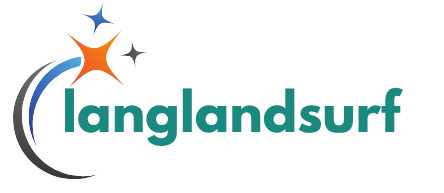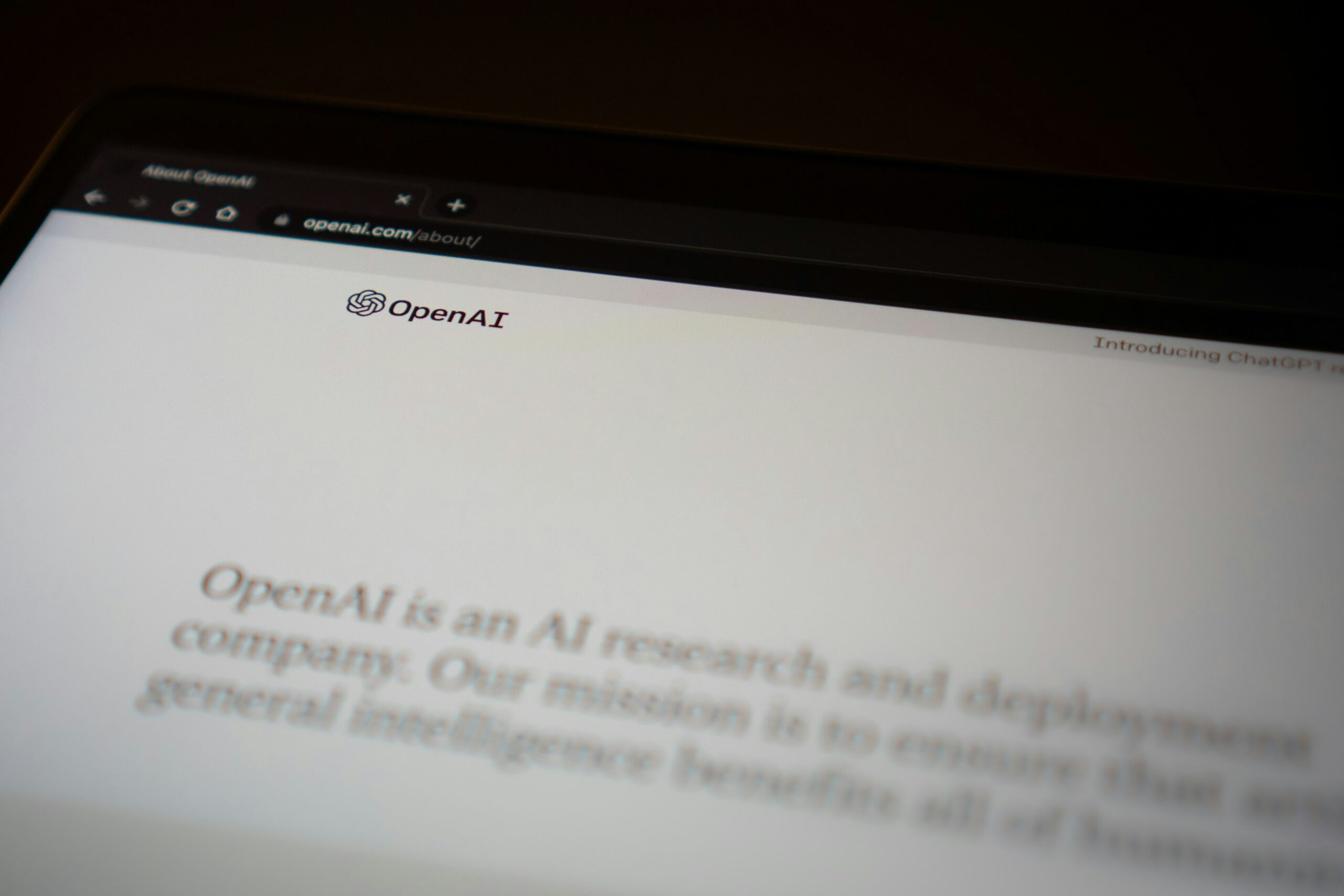Table of Contents
ToggleIn an age where technology reigns supreme, one might wonder why schools are putting up digital roadblocks against tools like ChatGPT. Picture this: students armed with AI-powered knowledge at their fingertips, but instead, they’re left Googling “how to write an essay” while their creativity gathers dust. It’s a puzzling paradox that leaves many scratching their heads.
The truth is, schools are caught in a balancing act between harnessing innovation and maintaining academic integrity. While ChatGPT can spark brilliant ideas, it can also lead to some students taking shortcuts that would make even the laziest cat roll its eyes. So why is this clever chatbot on the naughty list? Let’s dive into the reasons behind the ban and explore the fine line between tech-savvy learning and good old-fashioned education.
Overview Of ChatGPT
ChatGPT stands as a leading AI chatbot developed by OpenAI. This technology uses advanced natural language processing to generate human-like text based on prompts. Users input questions or statements, and it responds with relevant information, making it an interactive educational tool.
Schools increasingly recognize ChatGPT’s potential for enhancing learning experiences. Students engage with it for assistance in various subjects, fostering creative thinking and problem-solving skills. Real-time feedback encourages an exploration of new ideas and concepts, aligning with modern educational practices.
Concerns arise, however, regarding academic integrity. Teachers worry that relying on ChatGPT may lead to plagiarism or a lack of original thought in student work. As a result, educational institutions grapple with the balance of integrating AI tools while ensuring their use supports, rather than undermines, learning objectives.
Restrictions implemented in many schools reflect these concerns. Access to ChatGPT is often blocked to prevent misuse during assessments and assignments. Educators strive to create environments that promote critical thinking instead of dependency on AI for answers.
Current discussions around the use of ChatGPT continue to evolve. The platform’s ability to provide instant information raises questions about its role in education. Adaptations occur as schools seek effective strategies that incorporate AI while reinforcing traditional learning values.
Reasons For Blocking ChatGPT In Schools
Schools block ChatGPT due to several critical concerns impacting the educational environment.
Academic Integrity Concerns
Plagiarism represents a significant issue when using AI tools. Educators worry that students may rely on ChatGPT for assignments, leading to unoriginal work. Academic dishonesty threatens the learning process, as students might bypass critical thinking exercises. Schools therefore emphasize the importance of genuine effort in learning. Maintaining academic integrity becomes a priority in fostering an honest educational atmosphere. Instances of using AI-generated content can result in consequences, highlighting the need for vigilance.
Content Quality Issues
Content quality varies greatly when generated by AI. While ChatGPT can produce coherent text, it doesn’t guarantee accuracy or depth of understanding. Students may submit work that lacks thorough analysis or critical reasoning, undermining the educational purpose. Incorrect information can mislead learners, distracting from the curriculum’s objectives. Schools strive for high standards in student submissions, so ensuring quality becomes essential. By blocking access, educators encourage students to engage in more thoughtful, researched approaches to their work.
Privacy and Security Risks
Protecting student data stands as a top priority for educational institutions. ChatGPT collects user interactions, raising concerns about data privacy and security. Personal information might inadvertently become exposed during use, leading to potential risks. Schools are cautious about safeguarding sensitive information from possible breaches. Trust in the educational environment hinges on secure systems and practices. Therefore, blocking ChatGPT helps maintain a secure learning space for all students, prioritizing their well-being.
Potential Alternatives To ChatGPT
Schools increasingly explore alternatives to ChatGPT as they seek to balance technology and traditional education. Various educational tools exist that promote learning without the risks associated with AI-generated content.
Educational Tools
Platforms like Khan Academy and Quizlet provide resources for self-paced learning. Interactive lessons allow students to deepen their understanding of subjects through practice and quizzes. Furthermore, Google Classroom facilitates collaborative projects while enhancing communication between students and teachers. These tools foster academic integrity, as they encourage students to engage with content directly rather than rely on AI assistance. Additionally, writing assistance tools such as Grammarly can help improve writing skills while maintaining originality. Educators often recommend these alternatives to enhance the learning experience and align with curriculum standards.
Human Interaction
Face-to-face interaction remains vital in education. Teachers foster critical thinking and problem-solving skills through discussions and group activities that AI cannot replicate. Classroom environments enable students to ask questions and receive immediate feedback, enriching their learning processes. Moreover, in-person tutoring provides personalized support that caters to individual student needs. This human connection plays a crucial role in promoting creativity and deeper comprehension, establishing a dynamic learning environment that technology alone cannot achieve. Schools prioritize these interactions to reinforce knowledge and facilitate a supportive atmosphere.
Implications For Students
Blocking ChatGPT in schools significantly impacts students’ learning experiences. Academic integrity remains a primary concern. Students might rely on AI for assignments, leading to unoriginal work and diminishing their critical thinking skills. Relying excessively on AI tools can reduce engagement in coursework and hinder the development of independent learning abilities.
Content quality also plays a key role in this decision. AI-generated text may lack accuracy and depth, resulting in submissions that fail to meet educational standards. When students submit work lacking substance, they miss opportunities for meaningful learning experiences.
Privacy and security risks are another important factor. Schools prioritize student data protection, and AI tools can collect and utilize user interactions. Safeguarding sensitive information necessitates protective measures, contributing to the decision to block access to AI tools during school hours.
Exploring alternatives to ChatGPT presents viable solutions for enhancing education. Platforms like Khan Academy and Quizlet offer resources tailored for self-paced learning, providing an enriching experience while prioritizing academic integrity. Google Classroom facilitates collaboration, enabling effective communication between students and teachers.
Human interaction helps bridge gaps that AI cannot fill. Face-to-face discussions and group activities cultivate critical thinking and problem-solving capabilities, vital for educational development. Personalized support through in-person tutoring fosters deeper comprehension and promotes creativity within academic settings.
Overall, the implications of blocking ChatGPT extend beyond immediate concerns. Students benefit from environments that enhance learning while ensuring data safety and integrity. Educational strategies increasingly favor platforms and methods reinforcing traditional values and authentic engagement.
Blocking ChatGPT in schools reflects a broader commitment to maintaining academic integrity and fostering genuine learning experiences. While AI tools offer innovative ways to engage with content they also pose risks that could undermine educational values. By prioritizing critical thinking and independent learning, schools aim to create environments where students can thrive without over-reliance on technology.
As educators navigate the complexities of integrating AI in the classroom, the focus remains on finding a balance that supports both creativity and academic standards. Emphasizing human interaction and traditional learning methods ensures that students develop essential skills while safeguarding their personal data. The ongoing conversation around AI in education will shape future strategies that align technology with meaningful learning objectives.





